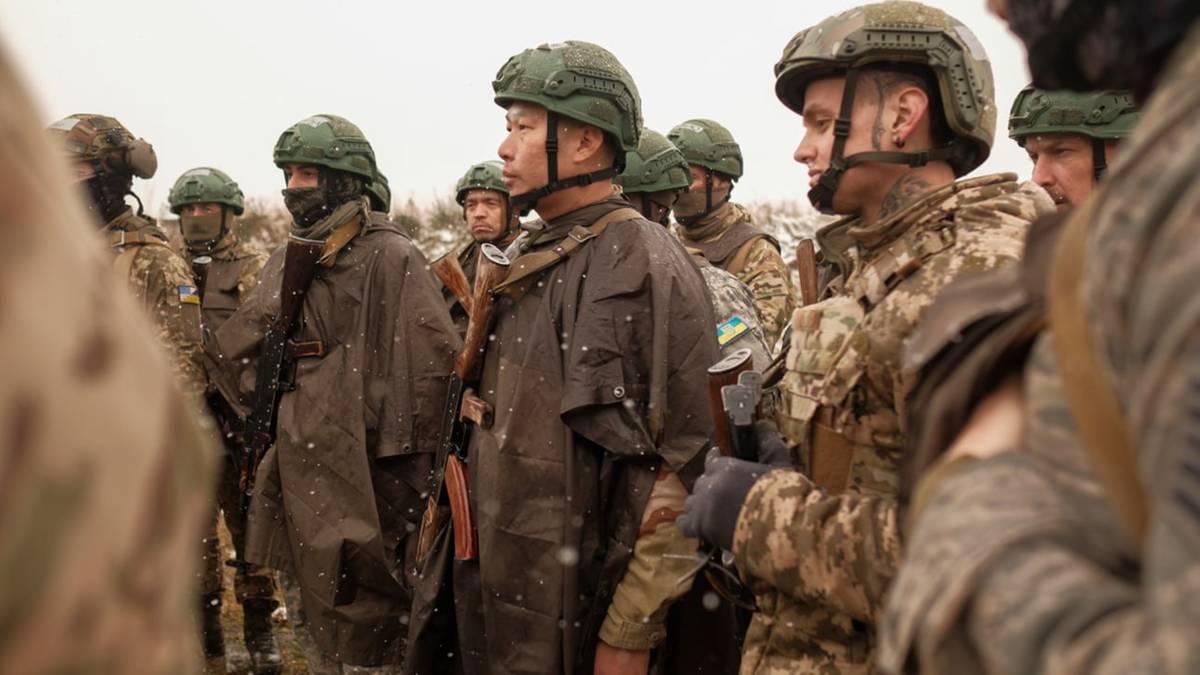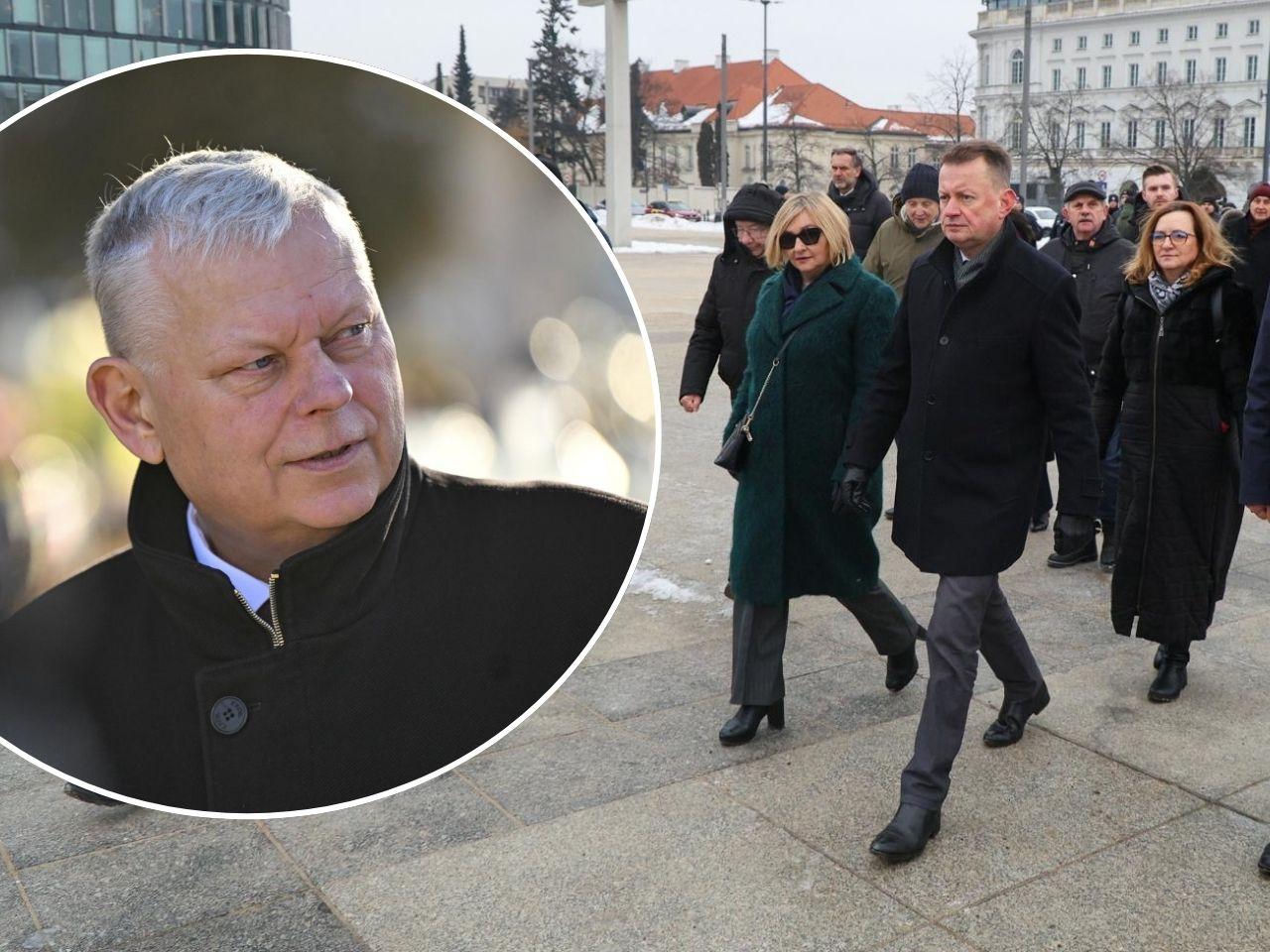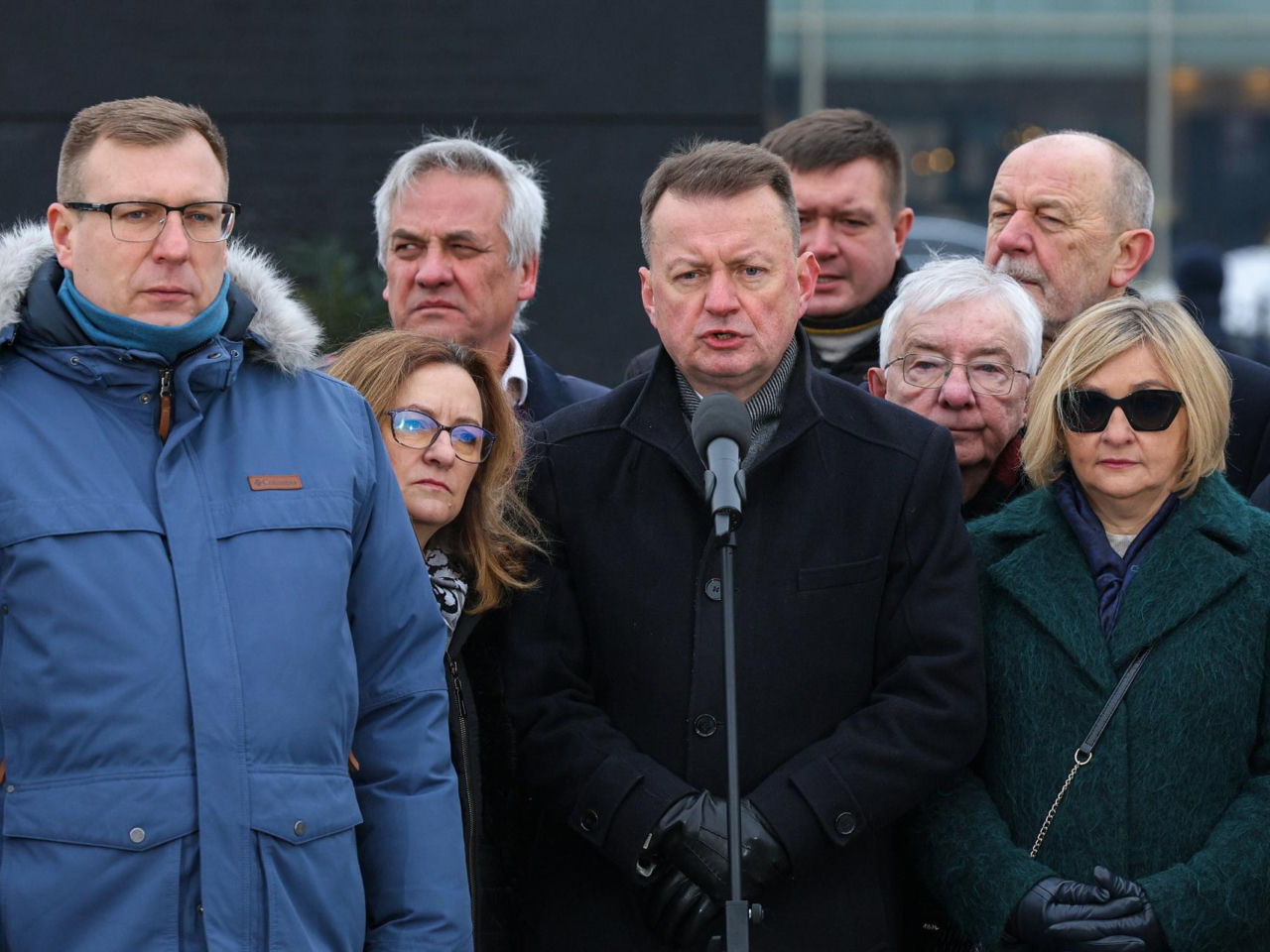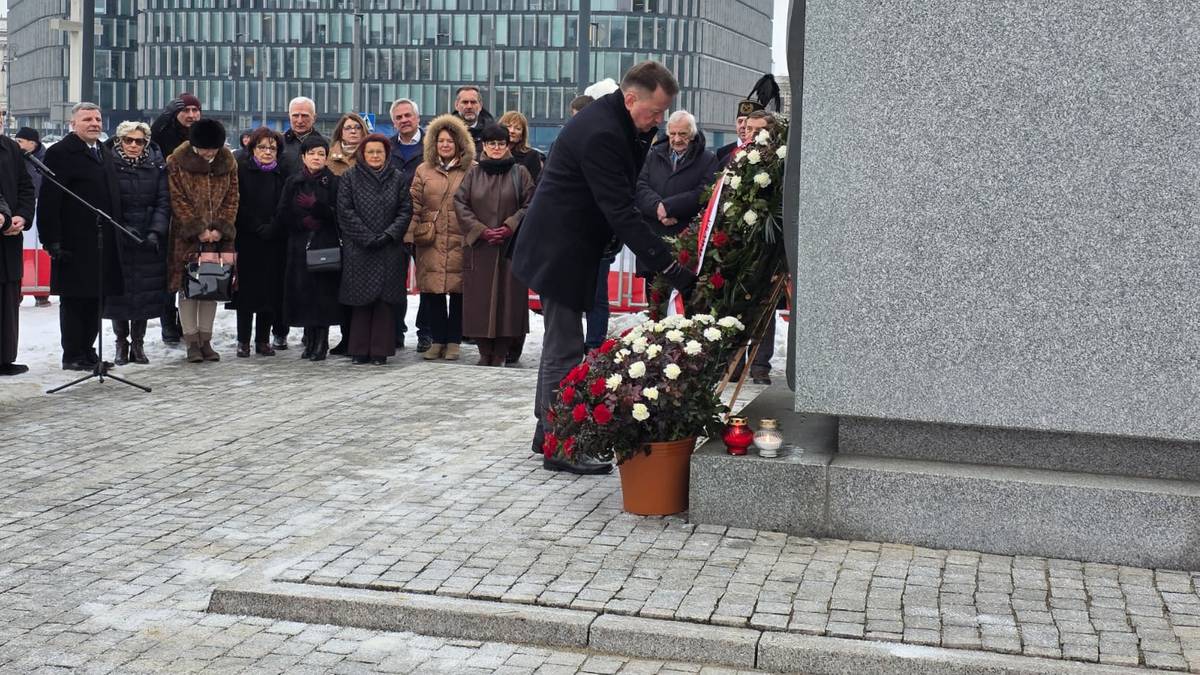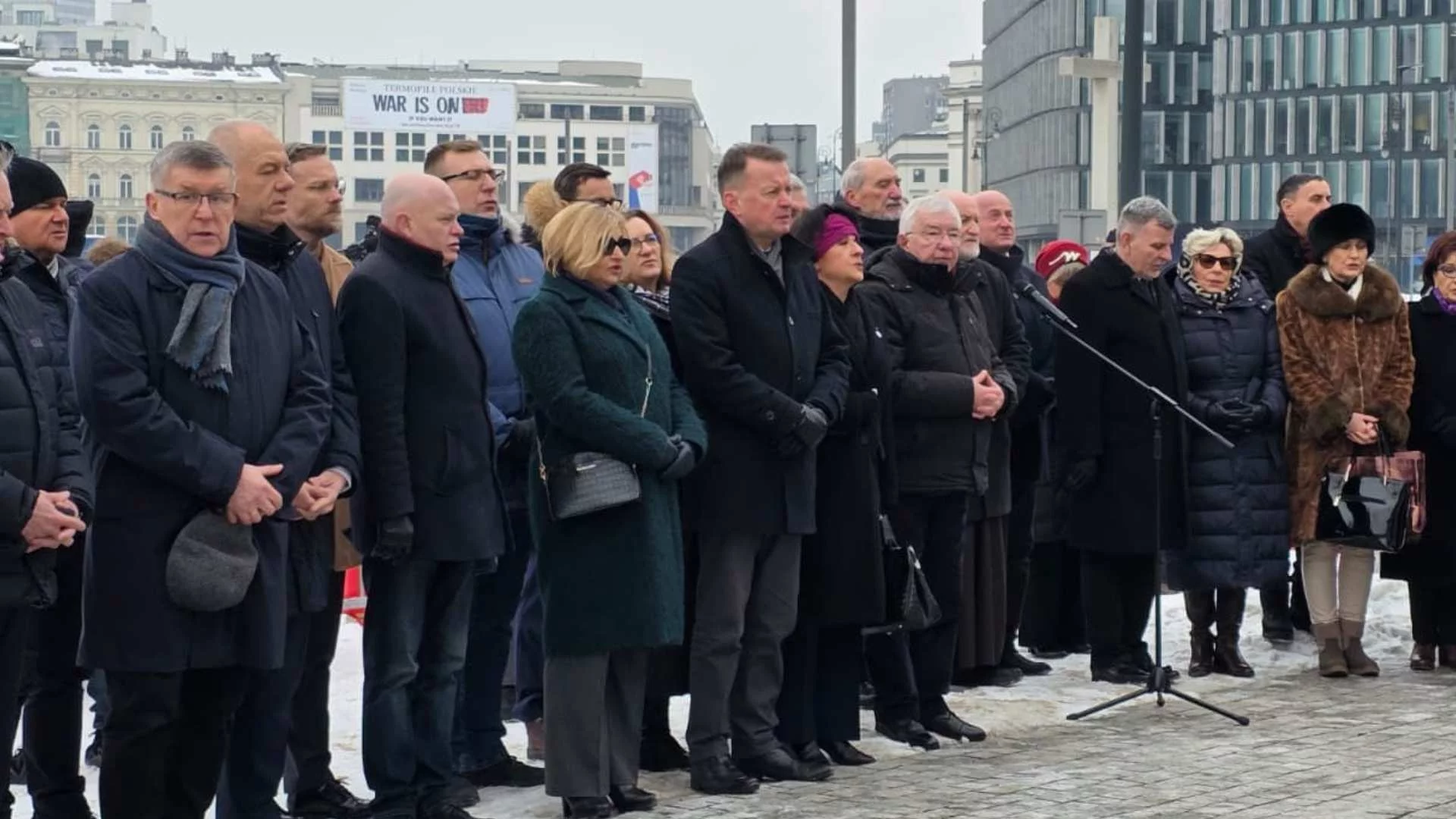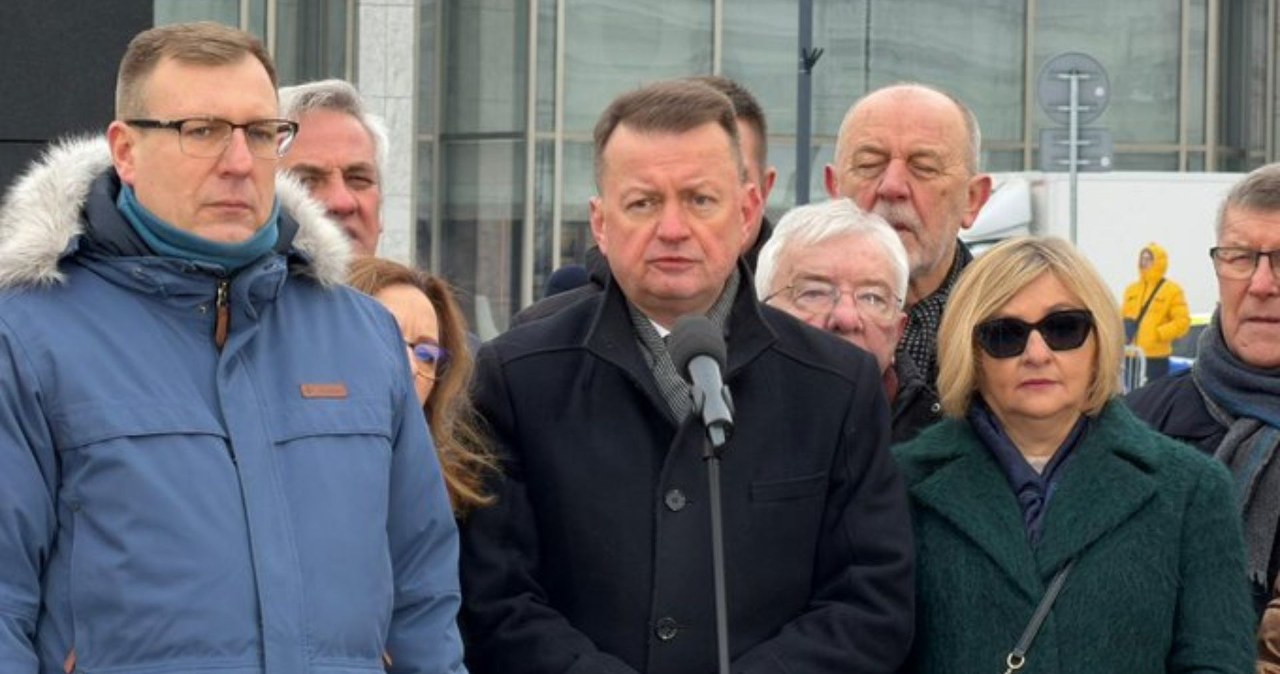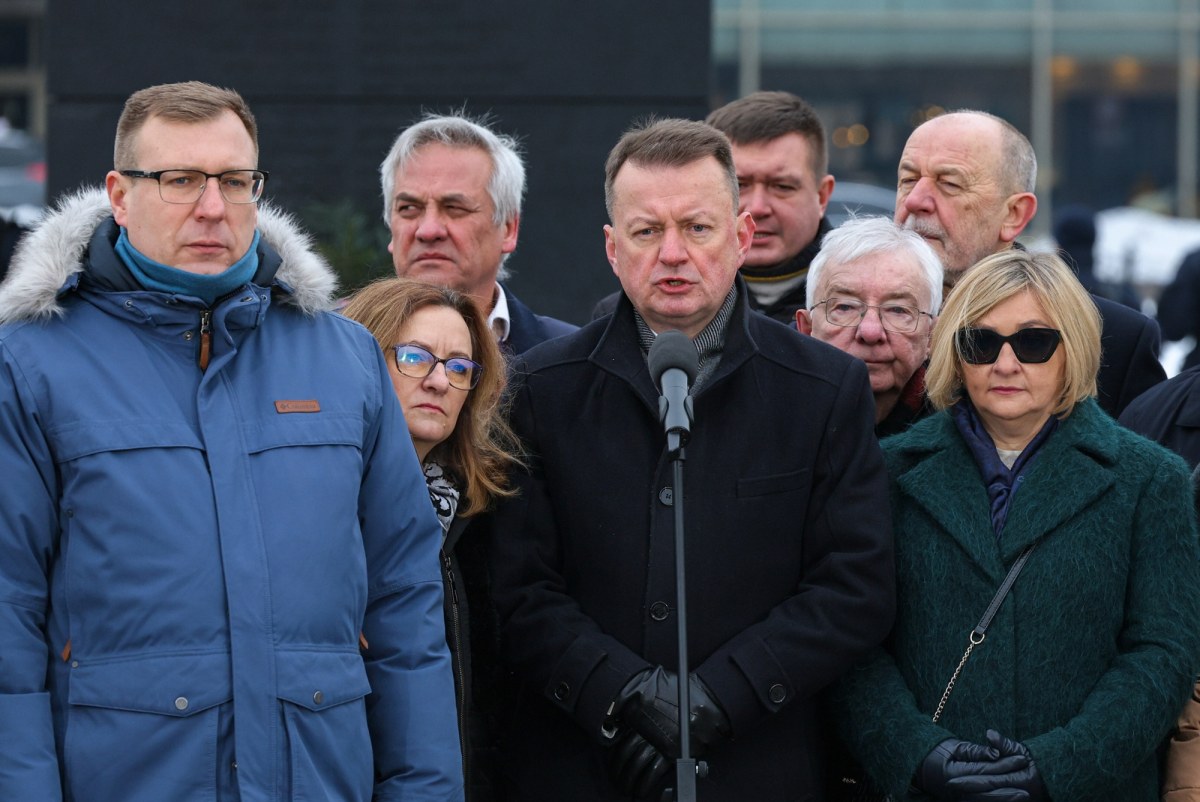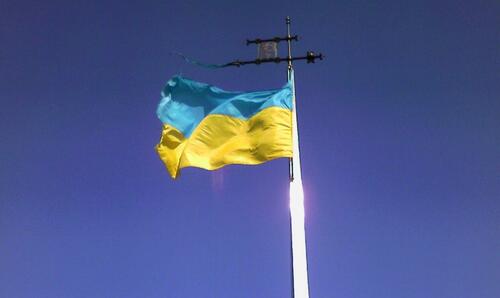
Journalism’s Latest Draft Recasts Ukraine Narrative
Authored by J. Peder Zane via RealClearPolitics,
Journalism may indeed be the first draft of history but that old chestnut can be misleading. Where it suggests a set-in-stone version of events, that first draft is really an unfolding detective story, revised and rewritten as we dig out better answers to the eternal questions of who, what, when, where, and how.
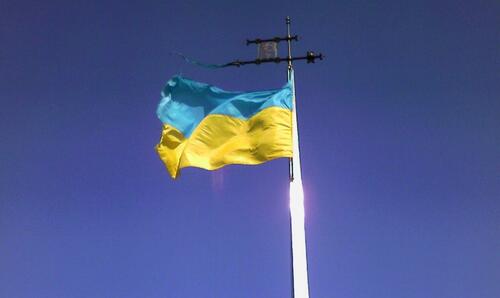
Two of my colleagues at RealClearInvestigations – Aaron Maté and Paul Sperry – recently recast one of the biggest stories of our time: America’s long, strange, and destructive entanglement with Ukraine.
As with all great investigative journalism, Maté and Sperry draw on a wide range of documents and insider accounts to reveal facts the powers-that-be have tried to conceal. While President Biden and many other leaders from both parties cast Ukraine as a bastion of democracy and a beacon of freedom, Maté and Sperry reveal how a decade of anti-democratic interference by Biden and other U.S. officials has led that country to the brink of destruction while corrupting America’s domestic politics.
Their reporting shows that Ukraine is not an independent democracy but a client state of America which has pushed Ukraine into ever-deepening conflict with Russia. It does not excuse Vladimir Putin’s illegal and murderous invasion of Ukraine in 2022, but it shows the massive escalation in a decade-long proxy war the two powers have been conducting on another nation’s soil.
Although this conflict stretches back decades and even centuries, Maté’s April 30 article starts in 2013. That’s when an uprising known as the Maidan movement was percolating in opposition to Ukraine’s notoriously corrupt president, Viktor Yanukovych, who had delayed signing a trade pact with the European Union because he did not want to alienate Russia.
The Maidan movement was soon co-opted by ultra-nationalist groups, some of whose members “openly sported Nazi insignia.” But many American officials, including then-Vice President Biden, saw it as an opportunity to pull Ukraine from the influence of Russia and to undermine Putin.
High-ranking U.S. officials – including senior State Department official Victoria Nuland and U.S. Ambassador Geoffrey Pyatt – actively advised the movement, which staged a coup in 2014 by storming the Ukrainian parliament. Those same American officials were also involved in naming the new government.
Putin immediately moved to counter growing American influence on his border. Just days after the coup, Russia invaded and soon annexed Crimea. Russophile Ukrainians in the eastern Donbas region followed suit. While Putin publicly told the Donbas forces to seek a diplomatic solution to their claims, American officials, including then-CIA Director John Brennan pushed Ukraine’s new government to armed conflict. As Maté wrote, Ukraine then “descended into a full-scale civil war. Thousands were killed and millions displaced in the ensuing conflict.”
As Putin issued threats that eventually turned into war, the U.S. tightened its grip on Ukraine. U.S. officials, including Biden, vetted appointments and dismissals in Kyiv, shaping, Maté reports, “the personnel and policies of subsequent Ukrainian governments, all while expanding its military and intelligence presence in Ukraine via the CIA and NATO.”
Sperry’s April 17 article changes our understanding of one of the most famous and consequential examples of U.S. meddling – Biden’s December 2015 threat to withhold $1 billion in aid if Ukraine did not fire its top prosecutor, Viktor Shokin. It has long been known that Shokin had launched multiple investigations into Burisma Holdings, the corruption-riddled energy giant that was paying Biden’s son Hunter millions of dollars. After Shokin was fired, those probes went away.
After this quid pro quo came to light, the Obama administration said that Biden was just carrying out the policy wishes of our government and its European allies. Sperry’s reporting, however, indicates that the U.S. had no such concerns about Shokin in the months before Biden’s threat: “An Oct. 1, 2015, memo summarizing the recommendation of the Interagency Policy Committee on Ukraine stated, ‘Ukraine has made sufficient progress on its [anti-corruption] reform agenda to justify a third [loan] guarantee.’”
Sperry also reports that one Biden advisor at the time was especially surprised by his boss’s action – Eric Ciaramella. On Jan. 21, 2016, Ambassador Pyatt emailed Ciaramella and other White House aides an article from the Ukrainian press – “U.S. loan guarantee conditional on Shokin’s dismissal.”
“Yikes,” Ciaramella responded. “I don’t recall this [the firing] coming up in our meeting with them,” he said, referring to an earlier White House meeting he hosted with top Ukrainian prosecutors.
The backstory Sperry brought to light would take on new significance three years later, when Ciaramella sparked Donald Trump’s first impeachment by complaining that the president had allegedly tried to condition Ukraine aid on an announcement that it was looking into Biden family corruption in that country – as well as Ukraine’s well documented efforts to interfere in the 2016 election in support of Hillary Clinton.
Sperry’s reporting suggests that the Trump impeachment was part of an effort to cover up Biden’s attempt to shield his family from the law. The strategy might have worked but for a strange stroke of fate, with the surfacing of a laptop Hunter Biden abandoned at a Delaware repair shop that detailed his family’s high-level influence peddling.
As Ukraine – a mid-sized country halfway around the world – played a key role in our 2016 and 2020 elections, so it promises to do the same in 2024. At first glance, its prominence seems amazing. Maté and Sperry, in far greater detail than I have summarized here, help us understand why.
Their dispatches are far from the last word. Future reporting will find still undiscovered facts, providing, one hopes, a clear sense of the past as it becomes history. Their work is also achingly relevant to the president as we witness the carnage in Ukraine. As Maté writes, “In claiming to defend Ukraine from Russian influence, Ukraine was subsumed by American influence” at incalculable cost.
Their reporting also reveals the tangled complexity of human affairs requires a healthy amount of cognitive dissonance. America’s support for Ukraine may be a necessary defense against Putin’s aggression. But it is also a recurrence of our long and now largely disavowed history of promoting regime change for seemingly noble reasons in far-flung corners of the world such as Guatemala, Iran, South Vietnam, Chile, and other places. It is not the role of journalists to resolve this tension, but, as Maté and Sperry have, to detail it without fear or favor, so that others might.
Tyler Durden
Tue, 05/07/2024 – 05:00


![Generatory lepszej przyszłości. Polska i Ukraina mają wspólne interesy [BENDYK]](https://cdn.oko.press/cdn-cgi/image/trim=223;3;231;0,width=1200,quality=75/https://cdn.oko.press/2026/02/generatory-kijow-3.jpeg)
